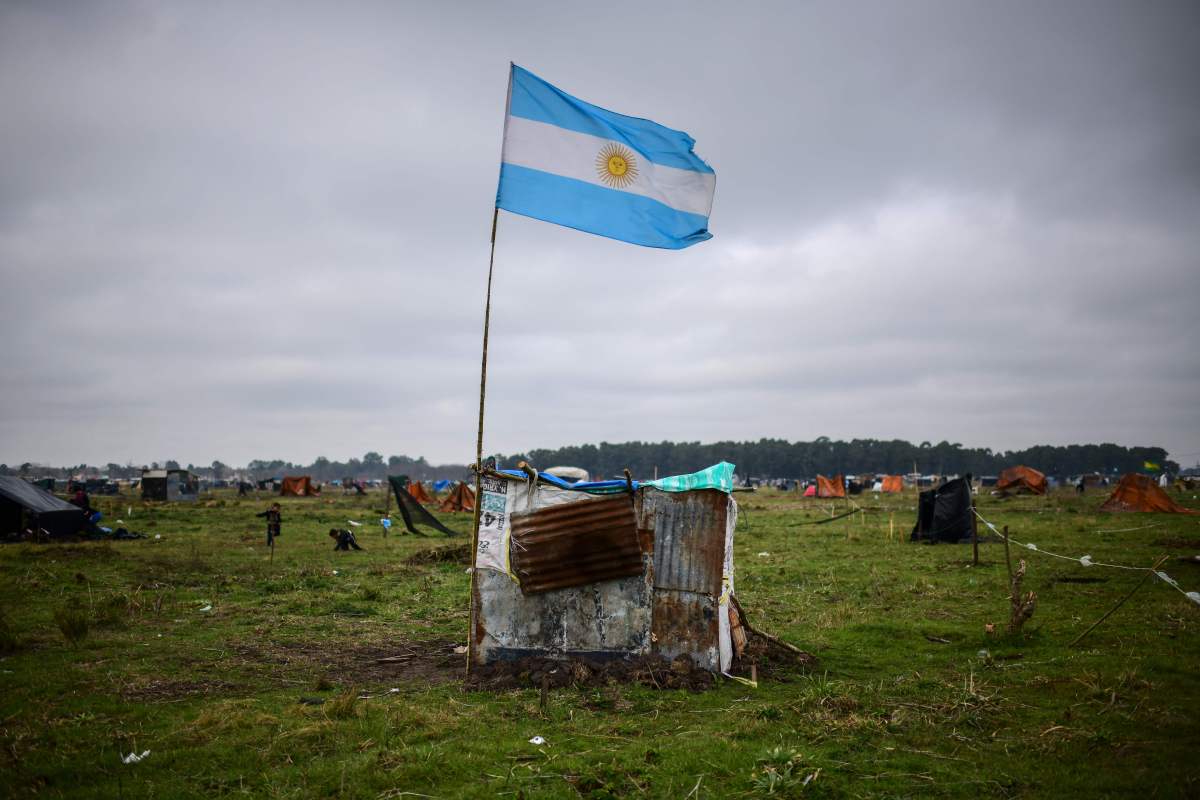What "experts" would those be? Where did I ever say that things were great in Argentina????
South America has been a clusterfuck since the CIA helped right wing dictators seize powerr and murder all of the leftists in the 1970's. The continent has never recovered economically from the effects of Milton Friedman's "freemarket capitalist" experiment, and it is sadly where the USA is headed if they continue the Republican "capitalism on steriods" policies that Friedman espoused.
Argentina has been run by your peeps for decades. And they have ruined the country.
So your peeps are shit at their job.





